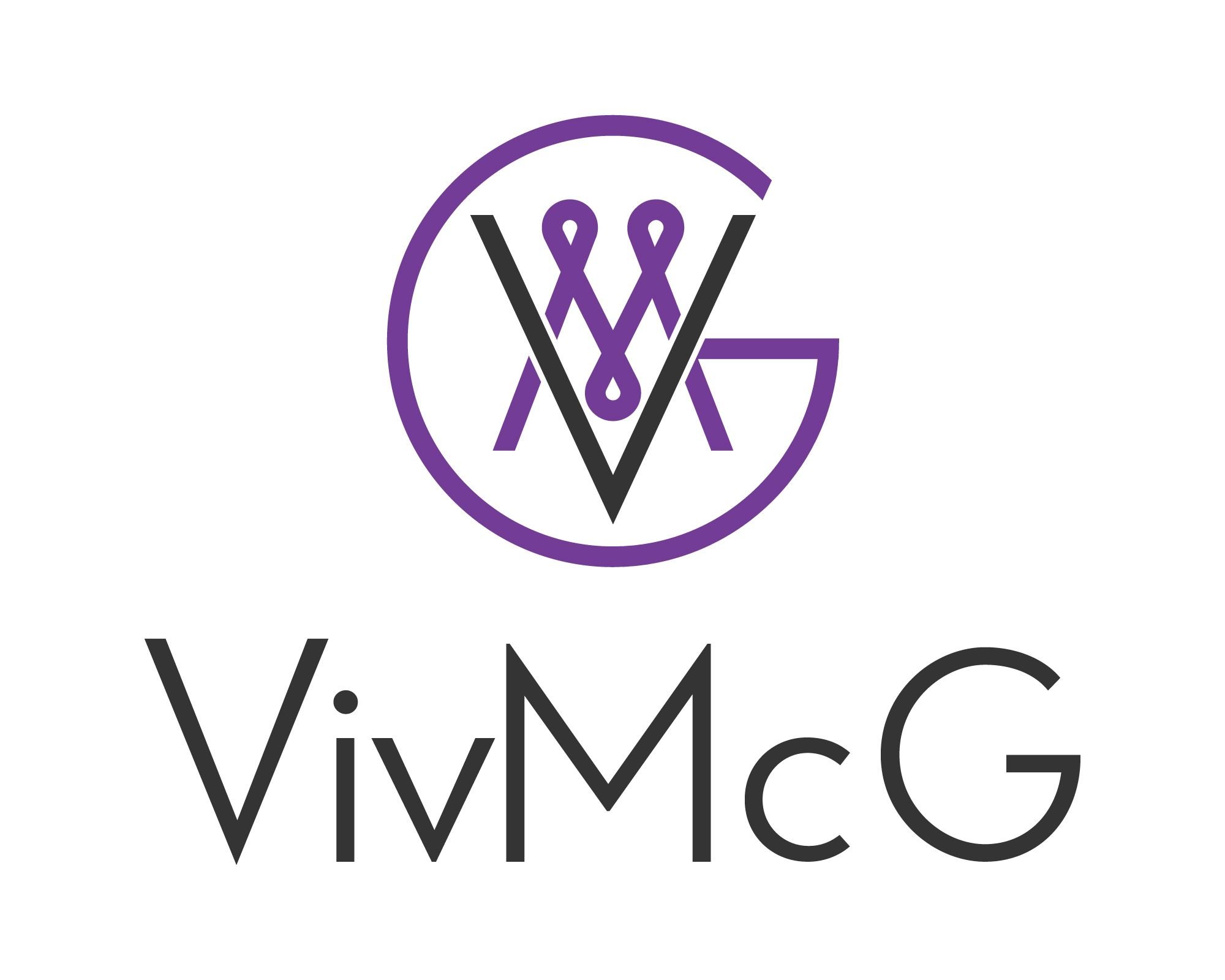Microbeads
There's been a lot of talk on the news
for a while about Microbeads, how they are damaging the environment, and
the ethical responsibilities that skincare companies should conform to.
But many skincare consumers are still confused and don't know if their favourite skincare brand is using Microbeads or not.
I hope to help shed some light on this issue so you feel more confident when you're out shopping.

What Are Microbeads?
Microbeads are super small plastic beads
(usually less than 1mm in diamter) which are used in many exfoliating
skincare products and personal care products. Does your toothpaste claim
to whiten your smile? It may be doing so with the help of microbeads.
Microbeads are used because they are a cheap alternative to natural ingredients such as fruit seeds and salts.
They are most commonly made from
polyethylene but can also be made from other petrochemical plastics such
as polypropylene and polystyrene.
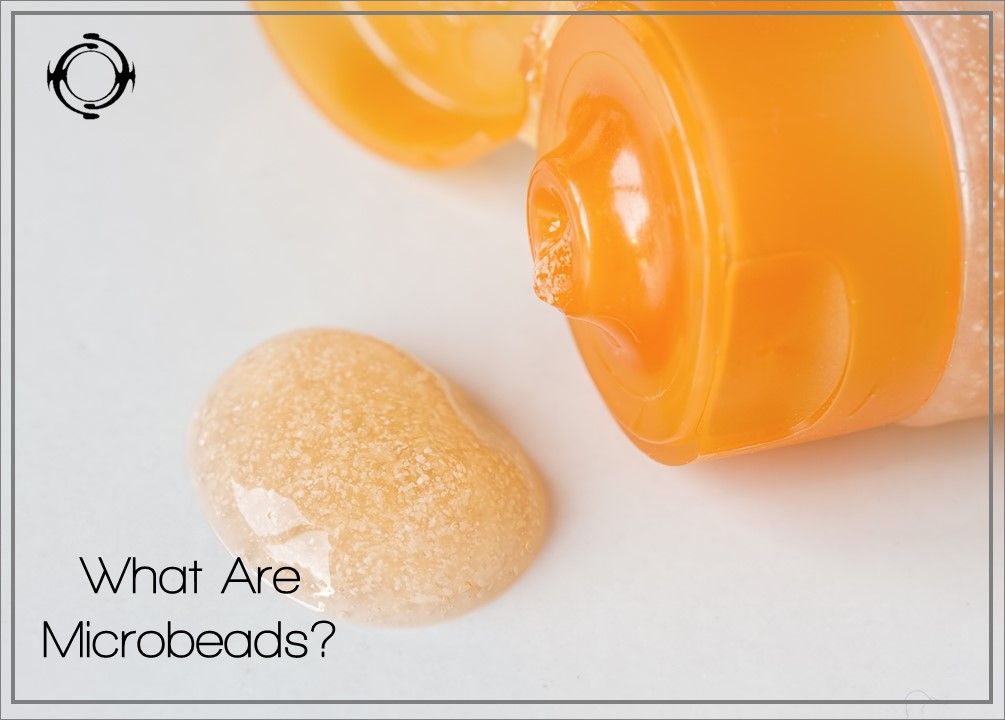
Why Are Microbeads a Problem?
Microbeads are so small that they simply cannot
be filtered out by water-treatment plants. This means that they continue
to travel through the water supply until they eventually end up in our
lakes, rivers and oceans.
Plastic microbeads absorb long-lasting toxic chemicals such as pesticides and motor oil which, in turn, pollute our waters.
According to a scientific report written by Chelsea M Rochman, Eunha Hoh, Tomofumi Kurobe and Swee J Teh one single tiny microbead, which measures less than 1mm in diameter, can be up to a million times more toxic than all the water surrounding it. That's absolutely shocking!
According to the scientists, microbeads play a large part in the plastic pollution of our waters.

Fish & Chips or Sushi, anyone?
Because toxic microbeads are so incredinly small, they are being eaten by fish, in staggering amounts.
And because the microbeads carry toxins, these toxins are then transferred into the fishes' tissues.
And we, in turn, consume those toxin-contaminated fish.
It's such a shame that, in today's world where we better understand and are becoming more conscious about what we eat (such as choosing pesticide-free organic food and reducing the amount of processed foods we consume), that all our conscious efforts to follow a healthy lifestyle could be eradicated by unscrupulous skincare companies who are too busy chasing profits over principles and chosen to substitute healthy, natural exfoliants with toxic plastic microbeads.
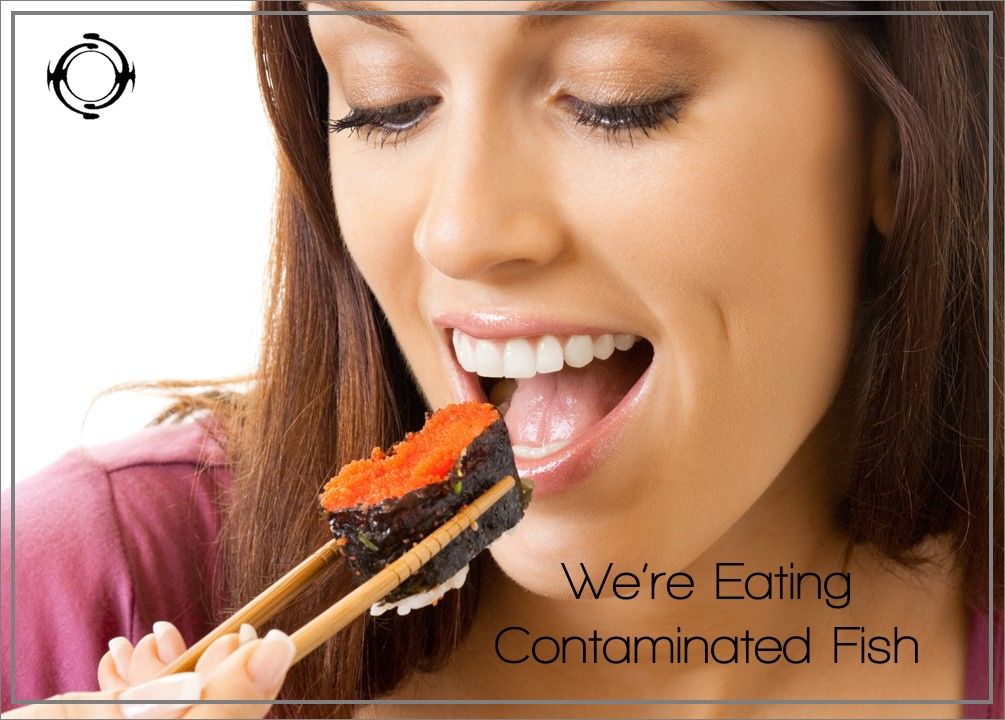
Banning Microbeads?
Gradually governments throughout the world are banning the use of microbeads. Indeed a law was approved in the United States, in June 2016, which bans the use of microbeads.
Whilst this
is a huge, positive step forward which will have a ripple effect around
the globe, it does not mean that your skincare and personal products
will become microbead-free overnight.
There is always a delay between when a government declares a new law
banning the microbead and when the microbead will be completely banished
from that country.
Why? Well
the supply chain of large companies is long and they cannot break their
contracts with their suppliers of microbeads without facing penalties or
fines.
Now,
personally speaking, at Simply Skincare we believe that if a company is true
to its word, wishes to be ethical and take a stand to ban the use of
microbeads in its
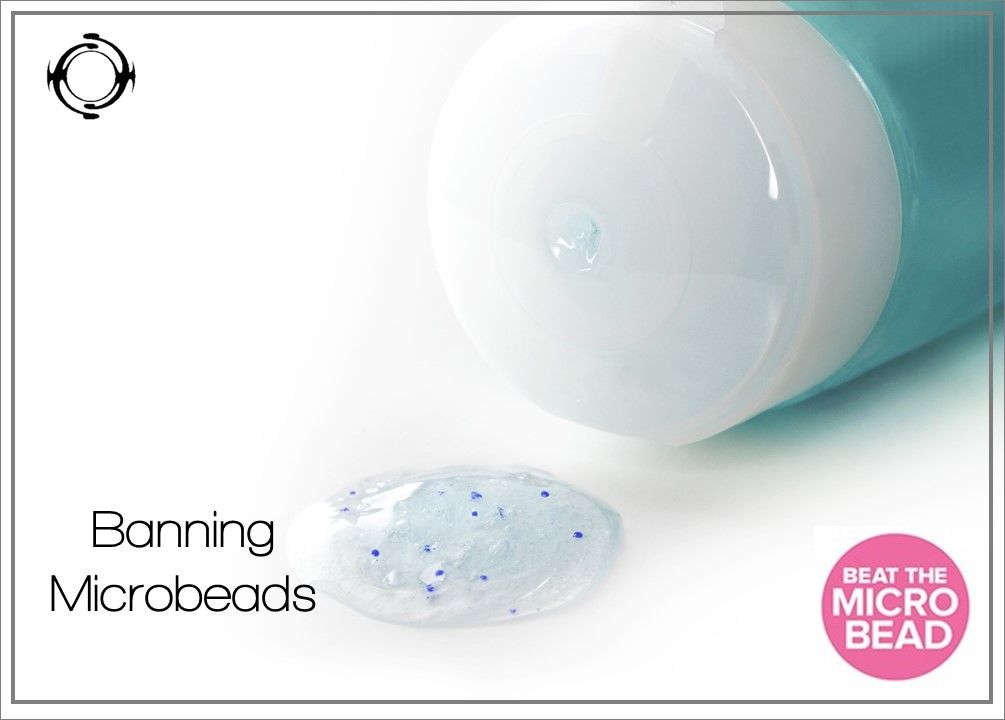
products, it should do so immediately and accept the
fines and penalties that will be issued against them by their suppliers.
To
not
abolish the use of microbeads immediately makes us, as it should you,
question their true
ethics and ponder what other short-cuts they are taking in producing
products which could be damaging to our health or the environment, in
pursuit of profits.
What Can You Do?
In
2012 the North Sea Foundation and the Plastic Soup Foundation launched
an app that enabled Dutch consumers to check whether their favourite skincare products contained microbeads.
In
the summer of 2013 the United nations Environment Programme and the
UK-based Fauna and Flora International joined the partnership to further
develop the app for international consumers.
The
app is simple to use. All you have to do is download it onto your phone
and then when you're out and about, shopping, simply scan a product's
barcode and you will instantly be able to see if that company is listed as a compnay that has
banned the use of microbeads in its products.
You can download the app for free, here >
But
what happens if you buy your products from small companies, such as
Simply Skincare, that does not yet have the financial ability to barcode their products?
Well you can check if they are listed as a microbead-free company here >
Alternatively, you can read a product's ingredients label.
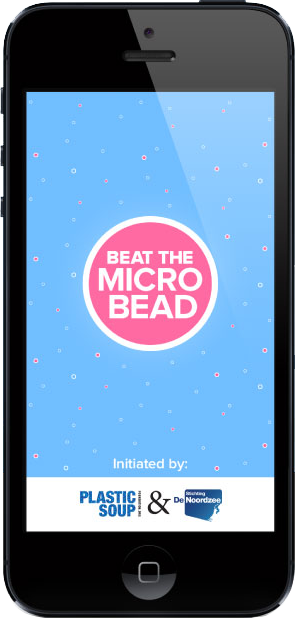
If the product does not openly declare that it contains microbeads (and many don't), then check to see if polyethylene is listed amongst the ingredients. If it is, then this is confirmation that the product contains microbeads.
